A material still used by Buddhist monks even today, wood provides a feeling that’s uniquely natural to the touch. It doesn’t conduct heat like a metal bowl or plate, which can get too hot to touch, it’s not breakable like ceramic or glass tableware, and it isn’t as unhealthy as plastic. Wooden utensils can be washed, preserved, and reused for decades, and given that they’re a naturally occurring material, they’re sustainable, eco-friendly, and renewable. Higashi Shunkei has been spreading the message of wooden tableware for 68 years. Founded in Hida Takayama in Japan, the three-generation-old company had humble beginnings as chopstick makers, moving onto larger tableware including bowls made from cedarwood native to the small city of Takayama.
Designer: Higashi Shunkei Lacquer Ware
Click Here to Buy Now: $85 $115 (25% off). Hurry, for a limited only!
The city of Takayama is a relatively tiny one, with 92% of its land being covered by forests. These are the very forests Higashi Shunkei sources their cedarwood from. The Hida-Cedar bowls are spun, finished, and lacquered all within Higashi Shunkei’s own workshop. The bowls boast a stunning dark finish with light-colored bands, reminiscent of a tiger’s striped skin. Each bowl’s ‘distorted’ pattern is unique, and no two bowls are alike.
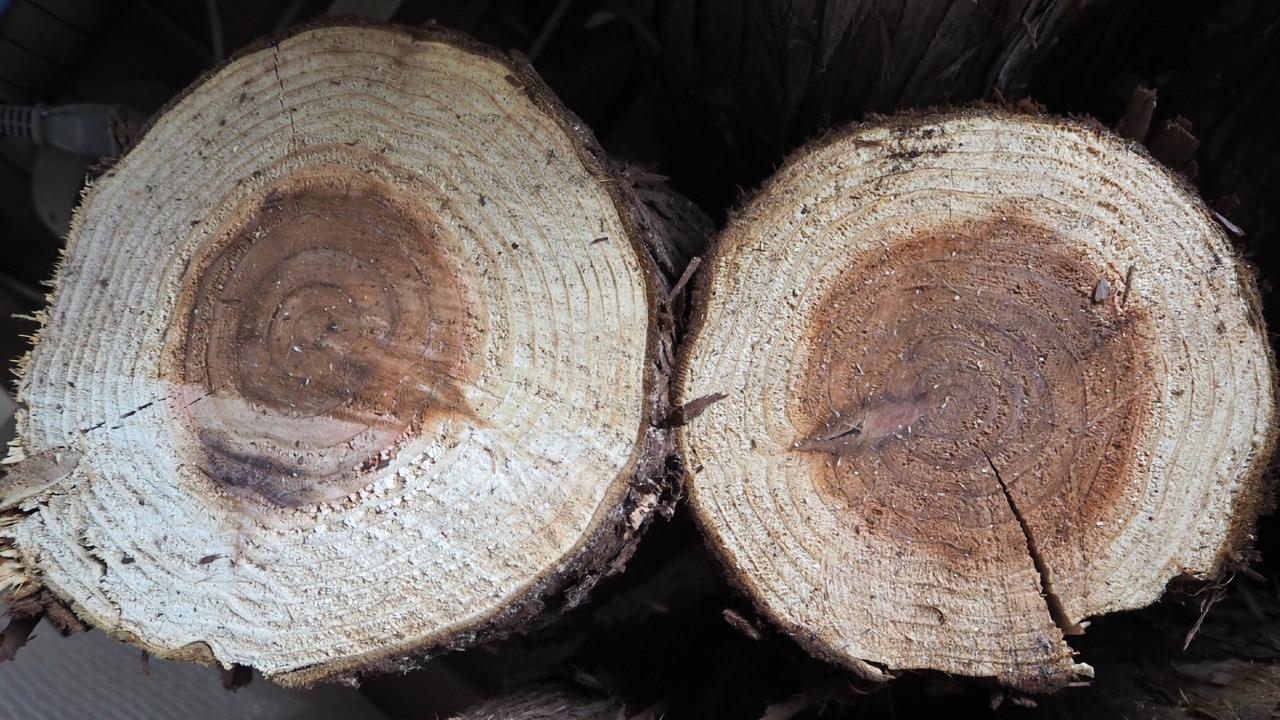
The wood grain of cedar is harder and the spaces between the grains are softer, making it very difficult to process, so bowls made of cedar are rare even in Japan.
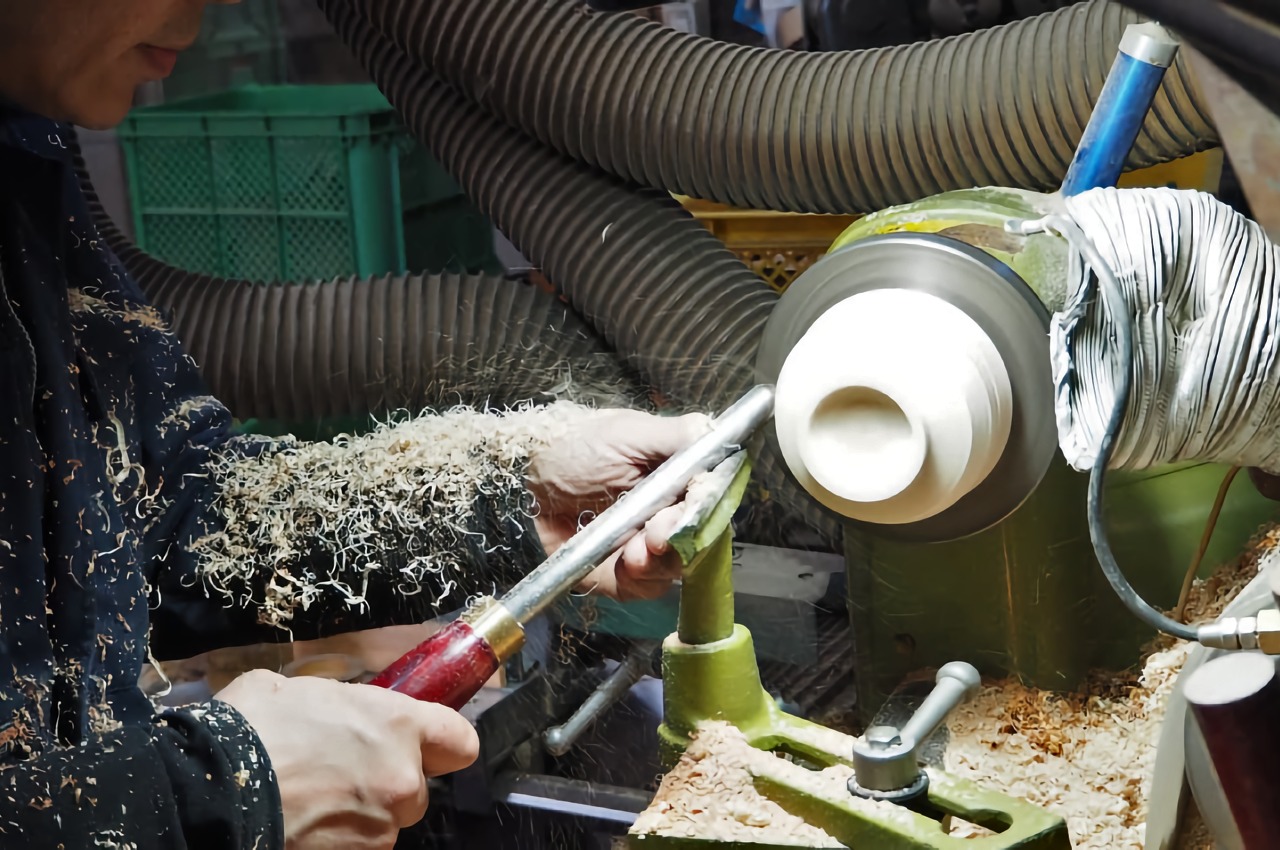
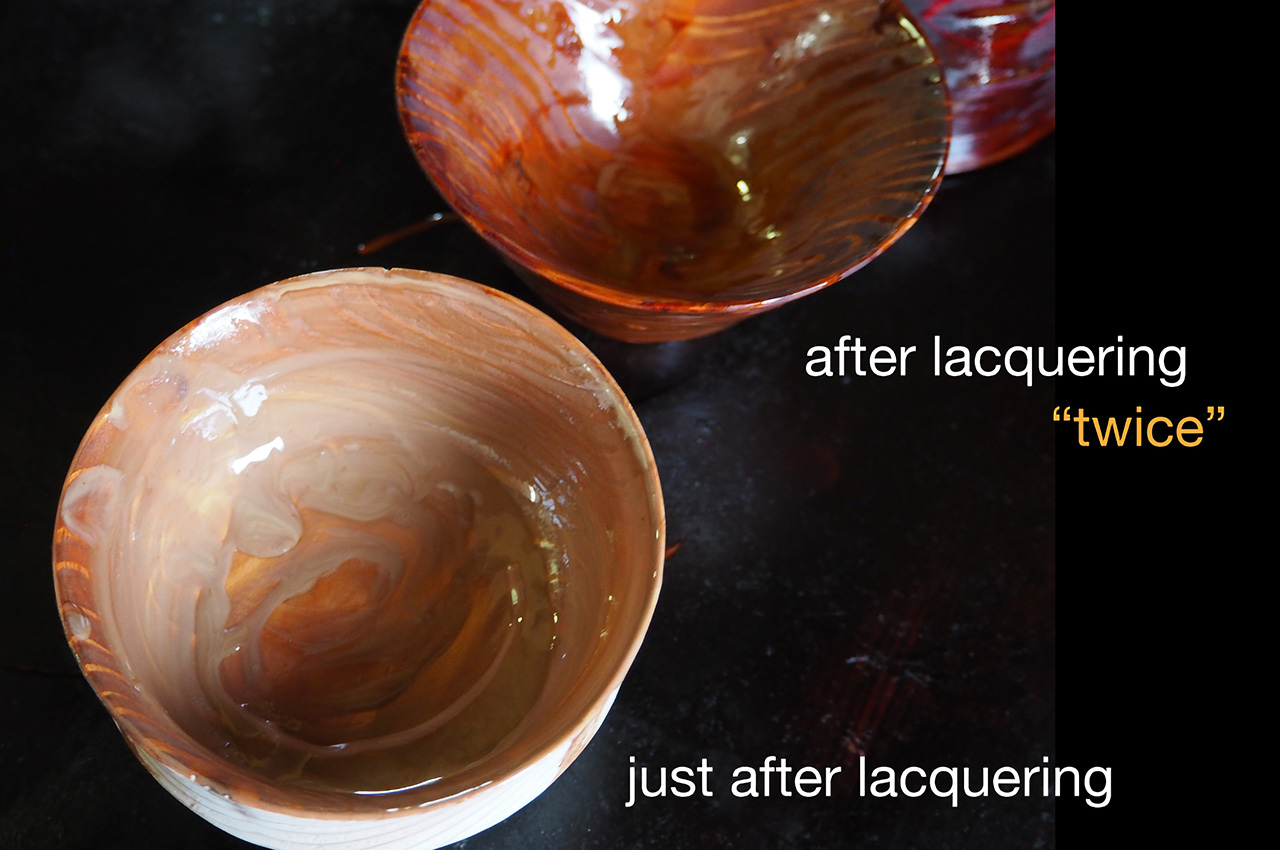
Suri Urushi is a process in which lacquer is applied over and over. The air in the wood absorbs more lacquer than other types of wood. The more lacquer is applied, the stronger the wood becomes.
The bowls are spun on a wooden lathe, before being finished using a traditional lacquering process called Suri Urushi, in which the bowl gets multiple coats of lacquer. The tiny pores and air pockets within the wood absorb the lacquer, becoming hard as the lacquer fuses into the wood. The result is a wooden bowl that literally feels as dense and glossy as ceramic. However, it’s tougher than ceramic, has better heat-retention properties (so food stays hotter for longer), while also having insulating properties that allow you to hold the bowl of hot food without burning yourself.
The lacquer makes the wood anti-bacterial and easy to wash (the Hida-Cedar bowls are all dishwasher safe), and the best part? As the bowls age, their pattern becomes more and more pronounced, making them look even better with time! The bowls are easy to stack and store, and come in two shapes – one for rice, and another for soups, broths, and ramens.
You can choose between red, black, or blue lacquer colors (they’re all food-safe), and each bowl you buy will help support the woodworking community in Hida Takayama, while allowing them to take better care of their forest through reforesting practices.
Click Here to Buy Now: $85 $115 (25% off). Hurry, for a limited only!
The post These Japanese Artisans are bringing back the traditional sustainable culture of wooden tableware first appeared on Yanko Design.
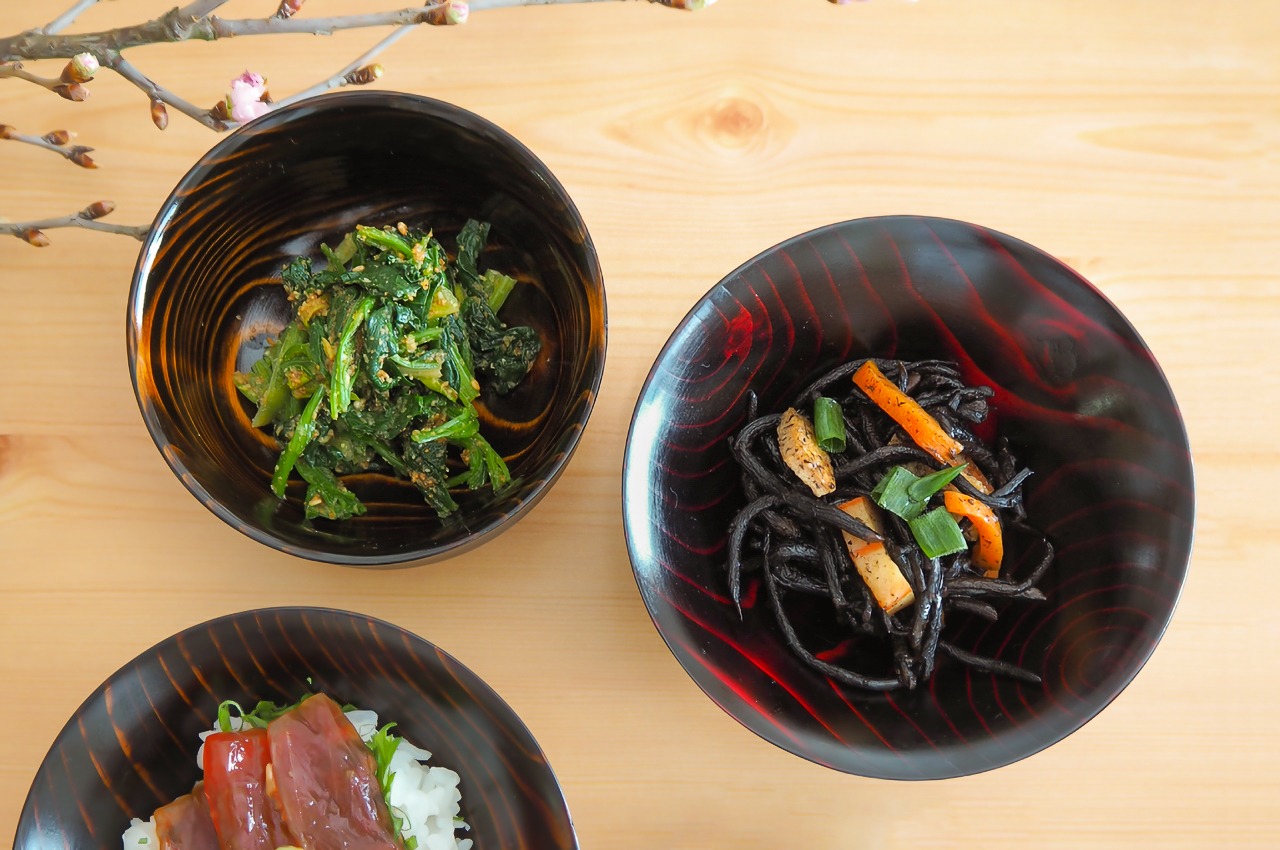
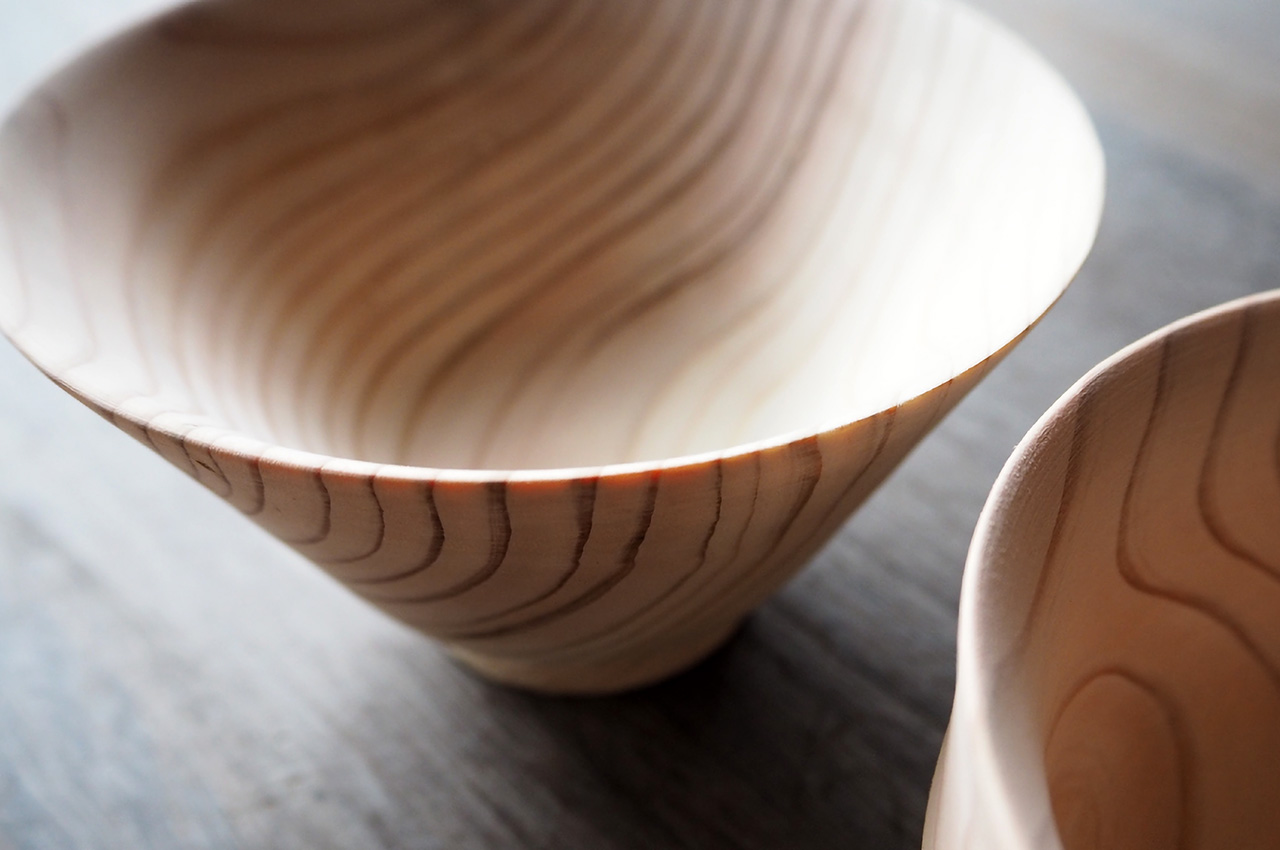
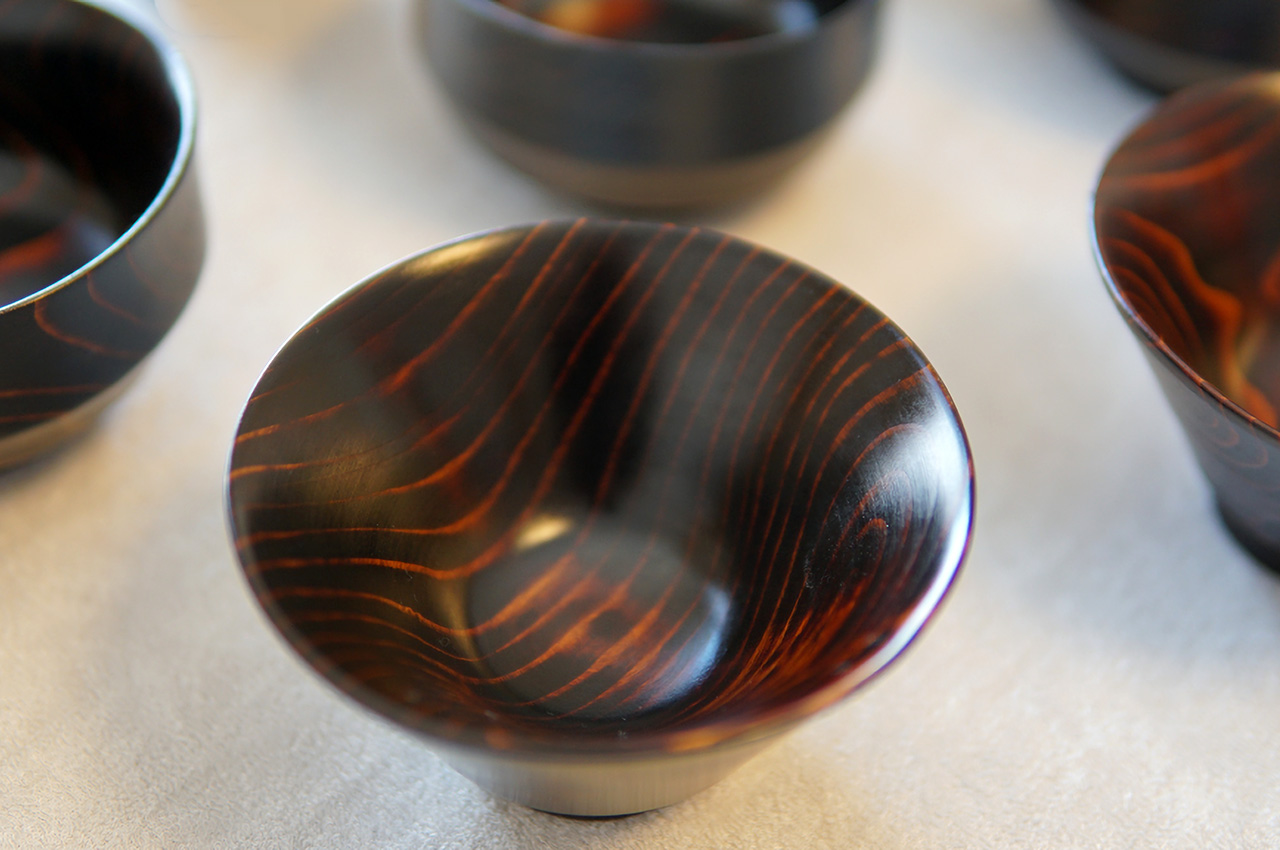
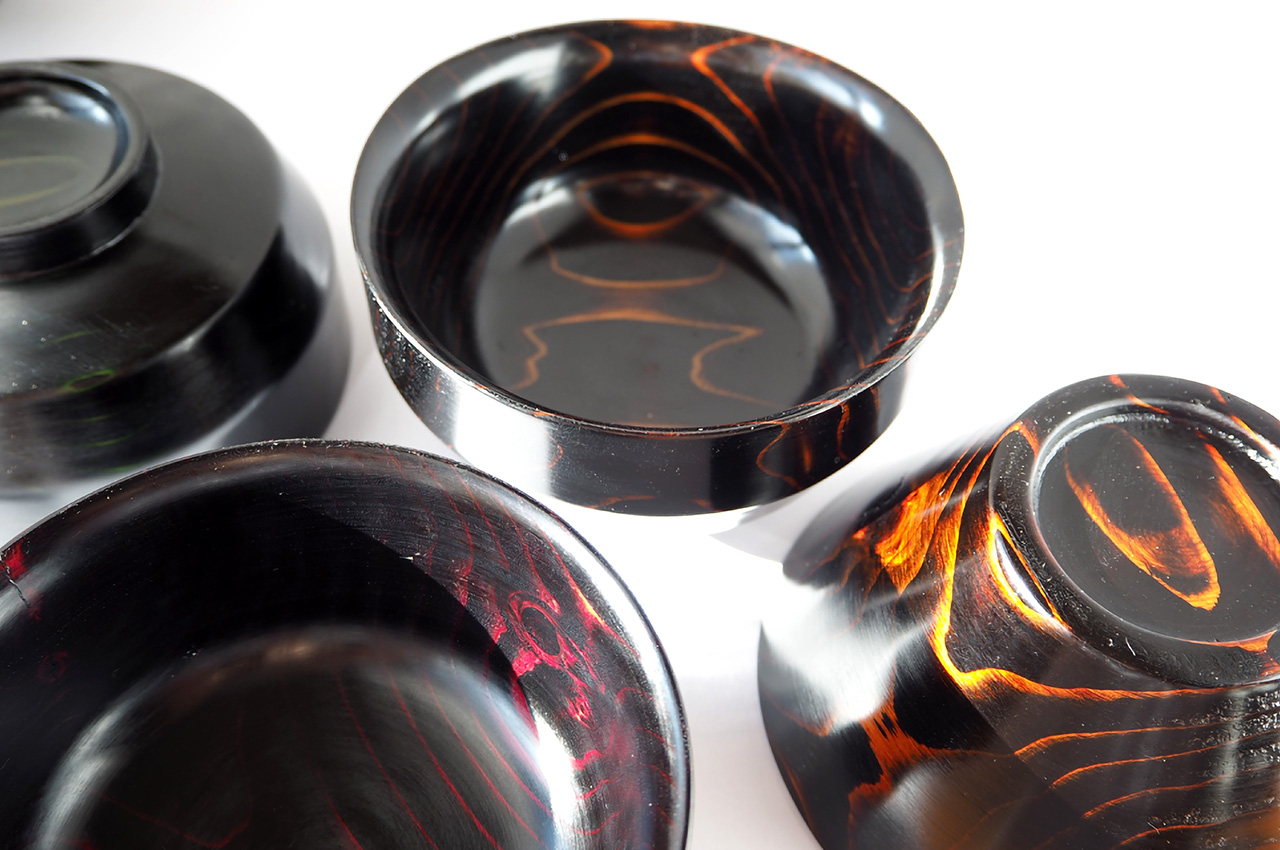
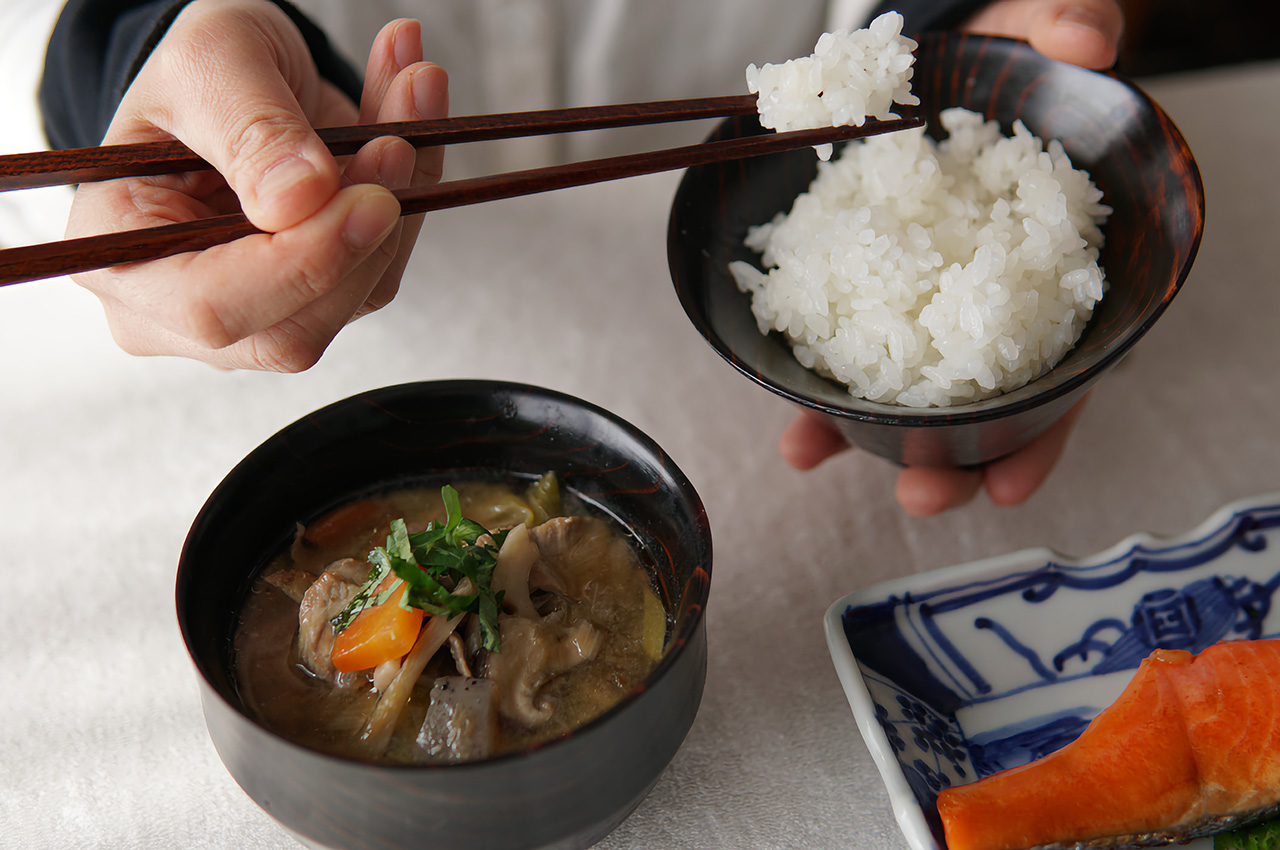
0 Commentaires